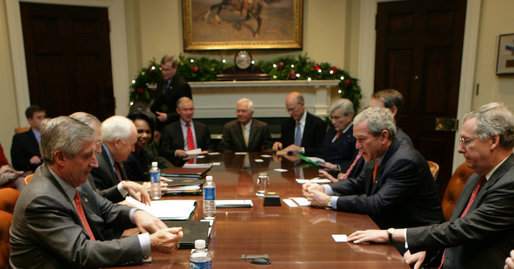Treasury Department report says stablecoin legislation is “urgently needed” to address risk
The Presidential Working Group on Financial Markets (PWG) released a report proposing that stablecoin issuers in the United States be subject to the same “reasonable federal control” as banks.
A November 1 report from the Treasury Department by the team with the Office of the Comptroller of the Currency and the Federal Deposit Insurance Corporation said Congress should “act quickly to ensure that stablecoins are subject to reasonable federal control, more consistently and comprehensive basis “. Government authorities say that stablecoin issuers should be subject to the same standards as insured custodians, including state and federal banks and savings banks, as they protect customer deposits and limit “possible systemic negative effects in the event of a bank failure.”
The report failed to identify which federal agency had traded digital assets and stablecoins, but said the Securities and Exchange Commission (SEC) and Commodity Futures Trading Commission (CFTC) “largely regulated enforcement, regulatory and oversight rules “Have bodies” to deal with such transactions and companies in the crypto space. The PWG suggested, however, that the risks associated with stablecoins are likely to increase as the space evolves and may sometimes be outside the “outlaws” of the SEC and the CFTC.
“As payment stablecoins are an emerging and rapidly evolving financial asset class, legislation should give regulators the flexibility to respond to future developments,” the report said.
While the group said it believes the law is “urgently needed to fully address the security risks posed by stablecoin payment arrangements,” the group said federal agencies should continue to use powers to address risks in crypto – Space to address when and when Congress decides to act. Without action by Congress, the PWG recommended that the Financial Stability Oversight Council intervene to set additional regulatory standards for stablecoins.
Many stablecoin issuers and companies in the crypto space participated in the discussions that led to the report. The list of PWG exchanges includes Coinbase and Gemini, as well as stablecoin issuers Tether, Paxos and Diem Association.
Related: U.S. Treasury Department is reportedly negotiating a stablecoin regulation
The release of the Treasury Report comes after a legislative tug-of-war between US government agencies over stablecoins. In September, Gary Gensler suggested that both the SEC and the CFTC would benefit from Congressional assistance in regulating and enforcing stablecoins, but a later report from Bloomberg showed that the SEC was working on a proposal to regulate and oversee the industry worked.
Follow the Youtube Channel | Subscribe to telegram channel | Follow the Facebook page























